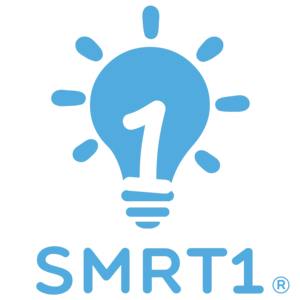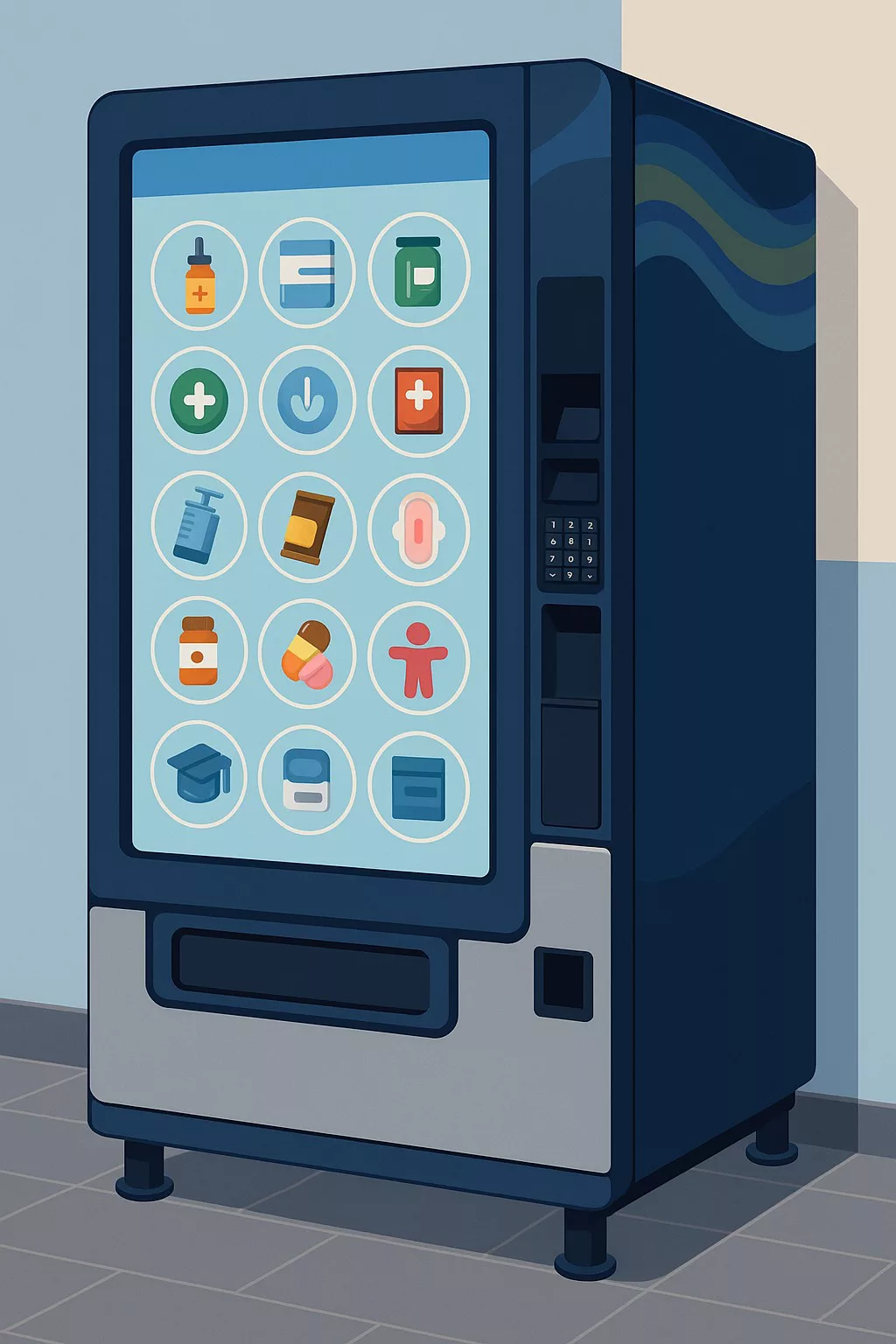One of the biggest barriers to seeking help in the opioid crisis is stigma. Many people struggling with addiction or at risk of overdose avoid clinics, pharmacies, or other public health services because they fear judgment or labeling. Recognizing this, U.S. health policy is increasingly emphasizing compassion over stigma – as one harm reduction expert noted, “the road back to health is best paved with compassion, not condemnation.”.
In practical terms, this means creating ways for individuals to access care anonymously and with dignity. Anonymous healthcare access, enabled by technologies like the SMRT1 Health POD, is a game-changing approach to ensure people get critical support without fear or shame.
The Power of Anonymity in Healthcare
Privacy can spell the difference between life and death in the context of addiction and mental health. When someone can obtain a naloxone kit or clean syringes quietly from a machine, rather than face-to-face, they are far more likely to use those resources. Removing the “audience” from the equation helps individuals act in their own best interest without worrying about what others might think. This is why policies under the current administration champion a stigma-free approach – treating addiction as a health issue, not a moral failing. By ensuring services are nonjudgmental and accessible, officials aim to encourage more people to seek help. SMRT1 Health PODs operationalize this principle: they offer a discreet, no-questions-asked access point for help.
How SMRT1 CARE PODs Protect Privacy
Each SMRT1 Health POD is designed to be a self-serve, confidential kiosk for health supplies. There is no receptionist, no pharmacist, and no paperwork – just a simple touchscreen. A person can walk up at any hour and obtain what they need with total anonymity. For example, in one deployment at Casey House in Toronto (nicknamed the “SASSY” machine), the POD provides all items anonymously, 24/7 – offering a “discreet and anonymous way for individuals to obtain essential items” like naloxone and safe use supplies. This low-profile interaction means someone at risk of overdose can pick up a Narcan nasal spray kit without the worry of being recognized or judged. A young person concerned about HIV or hepatitis C can grab clean works and condoms without the embarrassment that might accompany a face-to-face request. By normalizing the act of accessing help (it feels as casual as buying a snack from a vending machine), the HEALTH POD reduces the psychological barrier that stigma creates.
Moreover, SMRT1’s smart vending platform can also display supportive messages and resources on its screen. This can be as simple as a prompt that says, “You’re taking a positive step – here’s a hotline if you need more help,” or showing information about local support groups. It reinforces to the user that seeking help is a strength, not a weakness. The anonymity extends to data collection as well: while the machines track usage numbers to inform public health efforts, they do not collect personal identities. Communities get the benefit of knowing how many kits are taken or which supplies are most used (to restock appropriately), without compromising any individual’s privacy.
Respecting Dignity, Reducing Harm
The dignity of the individual is at the core of anonymous healthcare access. Recent U.S. policy rhetoric, including from leaders like Sec. RFK Jr., emphasizes that “money alone won’t fix this” crisis – it’s about building community and personal responsibility. Allowing people to access care privately is an empowering form of personal responsibility. It says: “We trust you to take what you need for your health, on your own terms.” This empowerment can foster a greater sense of self-worth and willingness to engage in further help (when ready). It also acknowledges a hard truth: forcing someone into a public, formal treatment setting isn’t always effective if they’re not ready or afraid. Anonymous access points like SMRT1 HEALTH PODs meet people where they are – literally and emotionally – reducing harm today and keeping the door open for deeper health engagement tomorrow.
Communities that have adopted harm reduction vending are seeing promising outcomes. People who once stayed in the shadows are coming forward to use these machines. In Canada, SMRT1’s machines have provided a “judgment-free and confidential service” to thousands, showing that when stigma is removed, demand for life-saving tools is robust. Each anonymous interaction – be it obtaining clean needles or picking up a pamphlet on rehab programs – is a victory against the overdose crisis. It means one less risky reuse of a syringe, one more reversed overdose, or one more person connected to further care. By treating users with respect and protecting their dignity, we break the cycle of shame that often keeps addictions in the shadows.
It’s time to make anonymous healthcare access a staple of community health strategies in the U.S. If we truly believe in “help without judgment”, then we must provide the infrastructure to deliver it. SMRT1 offers an immediate, proven way to do so – combining privacy, technology, and compassion. Let’s encourage local health departments, hospitals, and community organizations to explore this solution. Learn more about how a SMRT1 CARE POD can bring stigma-free, life-saving access to your area. By placing dignity and privacy at the forefront, we can pull more people out of the shadows and into the circle of care they deserve.

